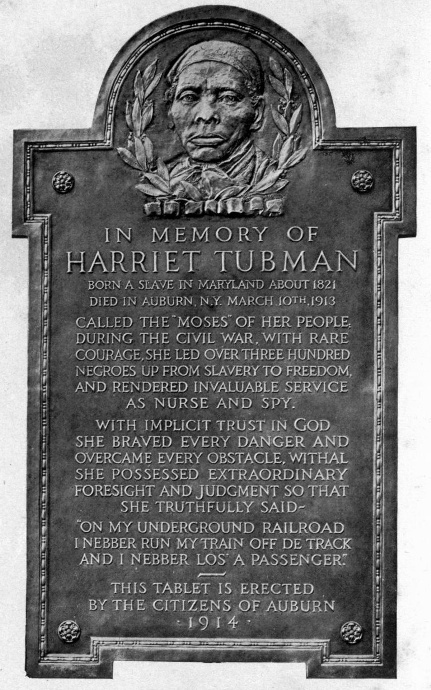Why establish a Center for Freedom and Equity at Binghamton University?
The year 2019 marks 400 years of the presence of people of African descent in British Colonial America. Such an important milestone presents us with the perfect opportunity to examine closely issues relating to freedom and equity. Freedom is a fundamental human right and it is a core value in America and the world. The Declaration of Independence, The US Constitution and The Bill of Rights granted Americans priceless freedoms. The unprecedented nature of these documents reflecting some of the highest ideals ever espoused by any government garnered admiration from around the world. The delegates of the different states represented at the Constitutional Convention in 1787, however, sidestepped the issue of slavery, yet it has profoundly influence the course of American history. They left this question to future generations, and it took a Civil War and the Civil Rights movement to make the words of The Declaration of Independence, that “all men are created equal” a reality.
As the statesman, ex-slave and resident of upstate New York, Frederick Douglass, famously asked in 1852: "What to the slave is the fourth of July?" Acknowledging that the Founding Fathers were "great in their day and generation," he then answered his own question in this his most famous address:
I say it with a sad sense of the disparity between us. I am not included within the pale of this glorious anniversary! Your high independence only reveals the immeasurable distance betweenus. The blessings in which you, this day, rejoice, are not enjoyed in common. The rich inheritance of justice, liberty, prosperity and independence, bequeathed by your fathers, is shared by you, not by me.
The groundbreaking Emancipation Proclamation of 1863 and citizenship grantedto African
Americans after the war attempted to correct centuries' old omissions, but it took
the Civil Rights movement of the 1960's to address the issue of equality and freedom
for all in the United States.
Yet for the all these gains, the legacy of slavery and the unfinished business of
freedom still looms largein today's society. The need for equity is still a pressing issue as disparities in education,employment and healthcare abound.
Our view is that there is no straight line from the past to the present, but there
is a legacy and patterns and cycles of behavior and thought over time should be addressed.
It is for this reason that a center that focuses on freedom and equity istimely and
necessary.

Research projects on medical disparities in Black and rural Southern communities -
one outgrowth of the legacy of slavery are also part of our work. Drawing on the expertise
of a multi- faceted interdisciplinary team led by Professor Krishnaswami Srihari and
Professor Mohammad Khasawneh, our aim is to address the issue of medical disparities
(density of hospitals, payment issues, access and quality of care etc.) in the context
of the history and cultures of underserved communities. In this way, the social sciences
and the hard sciences converge to create cutting-edge research. Educational equity
is also important to us. Though much progress has been made, there are still disparities
in educational access for students from historically underrepresented groups. Dr.
Sharon Bryant, a professor in the Decker School of Nursing and Health Sciences, directs
three educational programs that provide such access. She has also collected valuable
research data over a twenty year period on programs of this kind.
The Tubman Center is also committed to linking with organizations like the Harriet
Tubman home which helps to tell the story of the abolition movement in the Southern
Tier and upstate NY. We will actively seek linkages with other organizations and research
centers across the country committed to similar work. Finally, our work would not
be possible without the expertise of our Advisory Board and the student and alumni
research assistants that work closely with us. We are thankful for their participation
and contribution.
The programs and events of the Harriet Tubman Center for Freedom and Equity are open to ALL regardless of race, color, national origin, or sex, and are consistent with all current governing federal and state nondiscrimination law.
